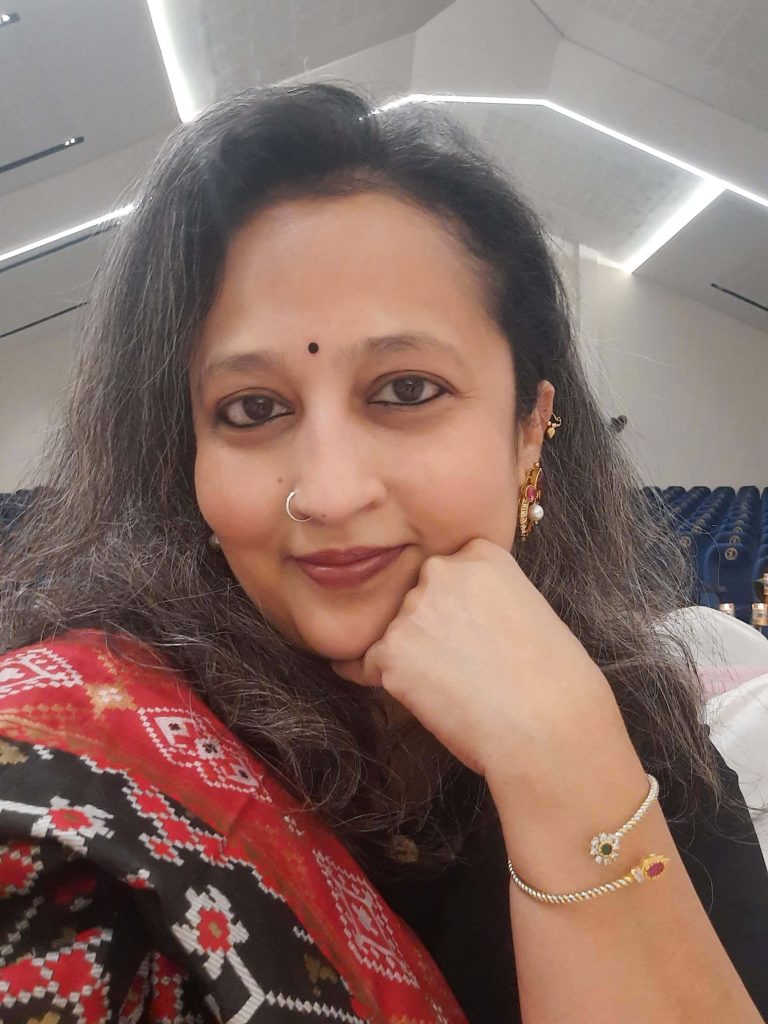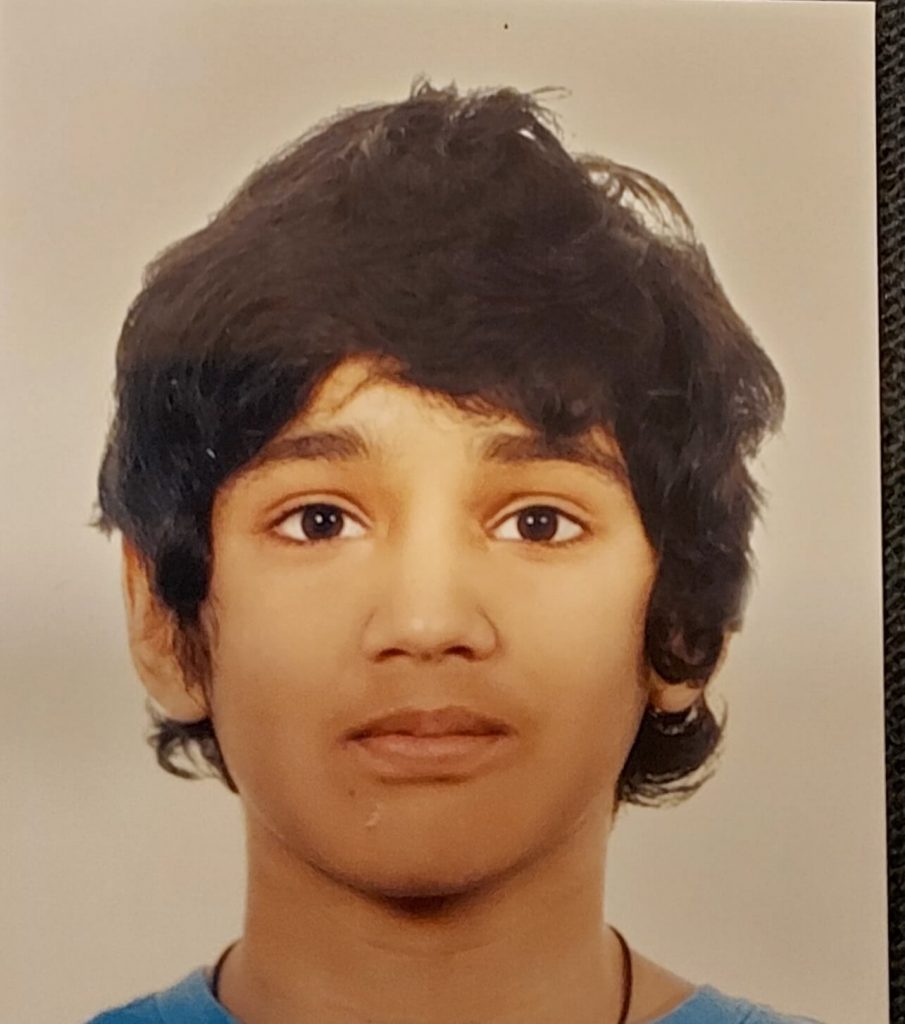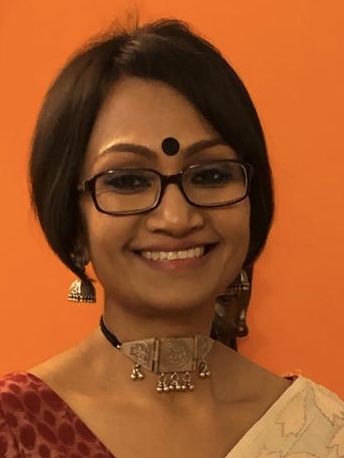Our Schools
We have all been there: sitting at our desks with a list of tasks to finish while our thoughts drift away. A wavering attention span could most times be a symptom of underlying factors like insufficient sleep, poor eating habits and multiple distractions among others. Ideally, the wise and long-lasting option would be to deal with the causes, rather than the symptom.
Nevertheless, these are three strategies I turn to when I need to focus:
- Most often, I tend to get distracted when a complex task looms large. Switching to and completing a relatively simpler chore gives me a sense of accomplishment and motivation to tackle the former.
- ‘Nobody knows me better than me’- keeping this idea in mind, I like to create to-do lists tailored to my attention span, allowing myself some wiggle room for inevitable distractions. This is my version of realistic goal-setting!
- Ultimately, I am only human and there is only so much I can try. When I find it difficult to maintain attention, I like to shoot a quick arrow prayer to seek divine assistance for the same. With this method, I am almost always able to find a renewed focus to complete my task.
There is no such thing as a one-size-fits-all when it comes to attention; it is all about finding the method that works the best for us. Start small and remember: small steps are still progress!
Written by:
Ashley Anna Tom
(Life Skills Educator, Ekya BTM)
Unraveling the Confusions of Student Life
The journey through education often unfolds with innumerable academic confusions. From interpreting complex concepts to tussling with the ever-evolving expectations, students find themselves in an entanglement of uncertainties. As students embark on their educational journey, the looming question of career choices adds another layer of confusion. Unraveling one's passion amidst societal expectations and economic realities can be perplexing, leaving many students at a crossroads uncertain about their future path.
The intricacies of social interactions create a mosaic of confusion for students. From decoding friendship dynamics to navigating the complexities of relationships, the social puzzle can leave students questioning their place in the larger social fabric. The quest for identity and acceptance becomes a central theme in this warren of relationships.
Balancing academic commitments, extracurricular activities, and personal time often becomes a baffling challenge. The constant juggling act leaves students entangled in a time management web, wondering how to prioritize and allocate their limited time effectively.
The journey through student life often involves a quest for self-discovery. The fear of the unknown can be overwhelming, prompting students to seek clarity and guidance as they step into the next phase of their lives. The confusion surrounding one's identity, beliefs, and values can be both enlightening and bewildering. Students grapple with questions of self-worth, purpose, and authenticity in the pursuit of understanding who they are and who they want to become.
In the tapestry of student life, confusion weaves its thread, creating a rich and complex narrative. Each uncertainty, challenge, and question becomes a brushstroke, painting a unique portrait of the student experience. Therefore, navigating this maze requires resilience, self-reflection, and a willingness to embrace the uncertainties that ultimately contribute to personal growth and development.
Ms. Achsah Paul Math & Physics Educator, Ekya Schools, Byrathi
Should debating become part of the school curriculum?
When the debate is lost, slander becomes the tool of the losers. -Socrates
Debating is a skill that extends beyond its traditional association with competitive debate clubs or specific academic disciplines. It has a pervasive presence in various streams of academics and can benefit students across a wide range of subjects. The benefits of debating are critical thinking, being research and information-focused, empathizing with multiple viewpoints rather than being dogmatic, problem-solving skills, communication skills that include listening other than elocution, the art of articulation and engagement, collaborative teamwork, and finally a holistic development of the children.
The first thing that comes to my mind when I think about debating is the ability it creates in children to think critically. It encourages them to think; and analyze issues from different perspectives, arguments, and evidence. This skill is applicable and very handy in every academic field, from humanities and social sciences to natural sciences and mathematics. Whether it is analyzing literature, interpreting data, or evaluating theories, the ability to dissect and critically evaluate information is crucial
Regular practice of this skill takes a seed in the minds of the students. Subsequently, it becomes an important habit that is slowly and organically manifested. This habit is none other than being research and information-focused. Debating requires its participants to gather relevant information, conduct research, and evaluate the credibility and validity of sources. These research and information literacy skills are automatically transferred to various academic disciplines, assisting them in conducting effective literature reviews, sourcing scholarly articles, and distinguishing reliable information from misinformation, a valuable skill in today’s world of fake news.
When one researches a debating topic, an underlying instruction is to research from both sides i.e., from the pro side as well con. It encourages them to understand and empathize with different viewpoints, even if they disagree with them. This skill fosters open-mindedness, cultural sensitivity, and the ability to engage in constructive dialogue. It is valuable in today’s academic settings that require interdisciplinary collaboration or dealing with diverse perspectives and cultural contexts.
The ability to research from different angles of a problem kindles a habit organically and that habit is the ability to analyze complex problems, evaluate different solutions, and make informed decisions. These problem-solving skills are applicable across academic disciplines, from mathematics and computer science to social sciences and business studies.
The whole idea of debating depends on your ability to communicate all the information that you have gathered in a persuasive argument and convey your ideas convincingly. This skill is beneficial in academic writing, where students need to present well-structured arguments, support their claims with evidence, and engage with existing literature to make a persuasive case.
Today with social media and all the different forms of communication it is important to be able to articulate your ideas in a way that someone would want to listen within the available time. For this, your thoughts need to be organized, and you should be able to express them persuasively. To put across a proposal, we need to know what the other person wants, since everyone is busy putting their thoughts out in a public forum, then who is listening? Debating requires active listening to opponents' arguments, identifying strengths and weaknesses, and formulating effective responses. These listening and engagement skills are transferable to academic environments, allowing students to actively participate in class discussions, engage with course material, and understand different perspectives. These skills are not just vital in academic settings, such as delivering presentations, participating in class discussions, writing research papers, or collaborating with peers on group projects but also being heard in their social groups (of any form).
Debating often involves teamwork, where we collaborate with our peers to develop arguments, conduct research, and present our cases effectively. This cultivates leadership skills, collaborative work dynamics, and the ability to work collectively toward a common goal—skills that are beneficial in multiple forums (viz., academic group projects, extracurricular activities, and even everyday life). Debating involves presenting ideas, engaging in discussions, and potentially facing challenges or opposition. Those who debate develop a certain level of social and emotional maturity to handle these aspects. They are capable of handling disagreements respectfully, accepting constructive feedback, and managing any potential frustration or disappointment.
One thing that we all know and agree upon is that debating hones students' communication skills. What we always miss is that it just doesn’t do that. We as adults think that it is only for outspoken, outgoing, enterprising people. What we miss is that it provides the holistic development that we are looking for in our children, where they can think independently. One doesn’t become a master debater overnight (just like any other skill). One needs to persevere and believe in the method. This belief needs to begin in our schools where it should be made part of our curriculum. Every child will benefit from it in some way or the other. Starting at an appropriate age allows children to gradually develop their debating skills and confidence over time. It also provides a foundation for them to continue honing these skills as they progress through their academic and professional journeys. However, it is important to note that children can engage in informal discussions and activities that promote critical thinking, respectful communication, and the exploration of different perspectives from an earlier age. These activities can lay the groundwork for formal debating when they are developmentally ready.
Today, society is always in an argumentative mode, and thanks to our news channels naming loud, unabashed, unapologetic screaming as the debate we the public have forgotten the definition of it altogether. Hence, It’s important to foster a positive and enjoyable experience, allowing children to develop their communication, critical thinking, and persuasion skills while nurturing their passion for learning and exploring diverse perspectives.
Anasuya Misha Middle School English Educator Ekya School JP Nagar












Leave a reply